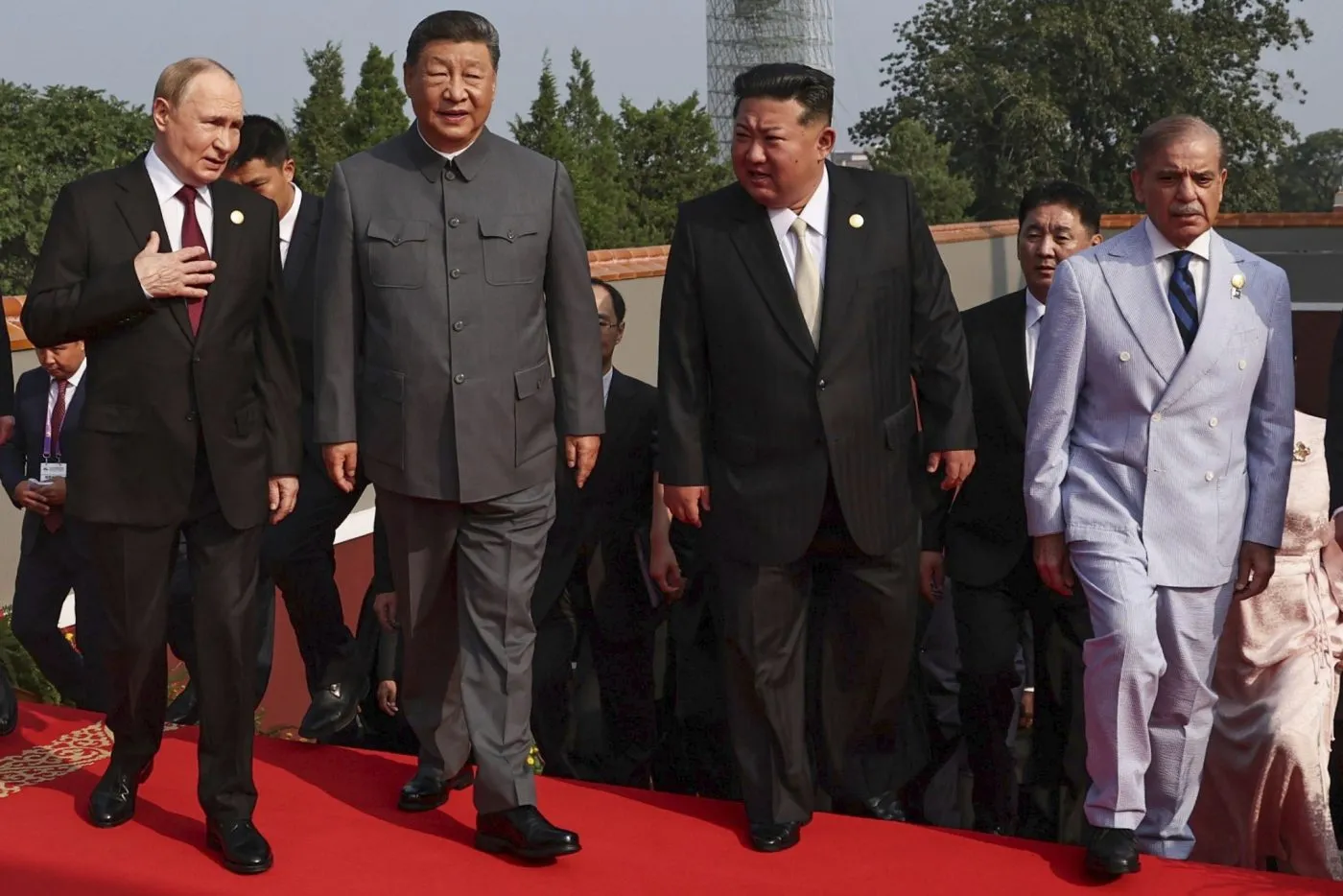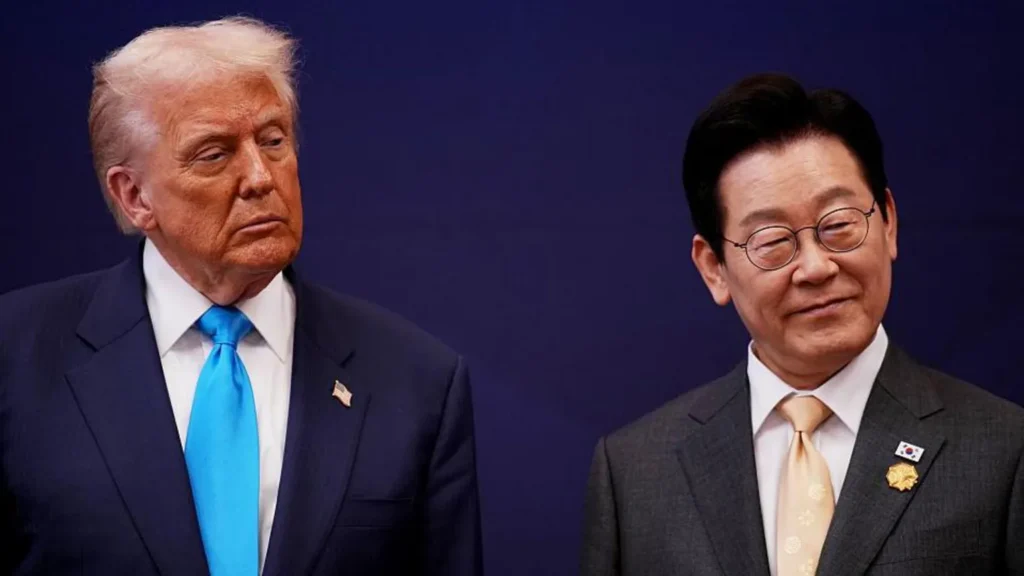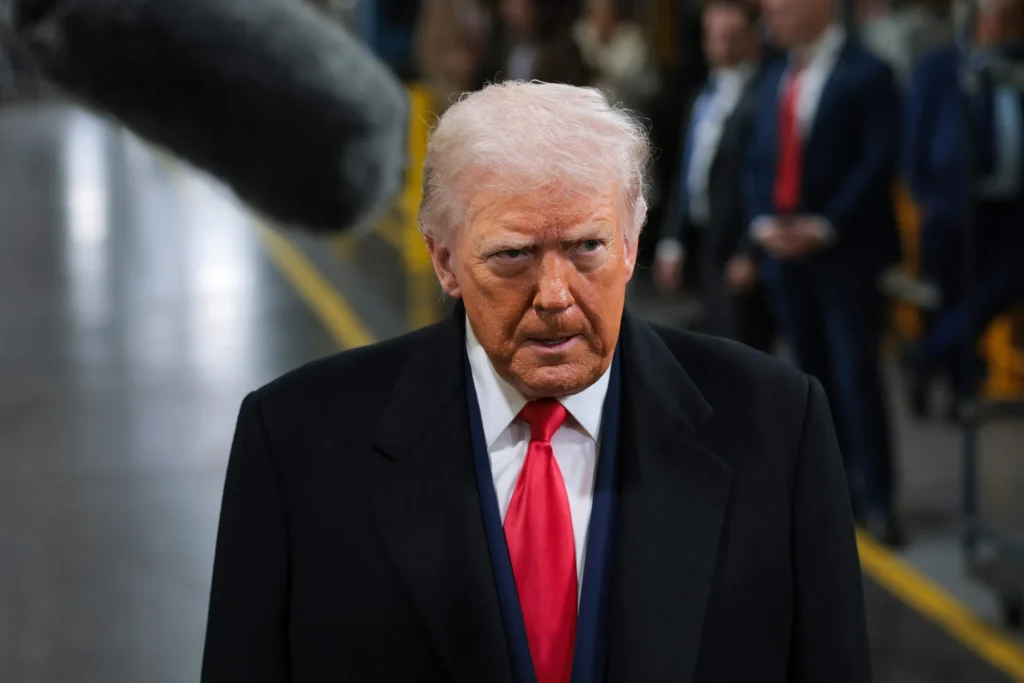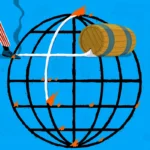Trump Claims China Is Aligning With Russia and North Korea Against the U.S., Raising Geopolitical Tensions

President Donald Trump has sharply escalated rhetoric regarding international security, accusing China of conspiring with Russia and North Korea to undermine U.S. interests. The comments, made during a public address and amplified on social media, have drawn widespread attention amid already heightened tensions between Washington and Beijing.
Trump’s statements frame a narrative in which the U.S. faces not just isolated threats, but a coordinated challenge from some of the world’s most powerful and adversarial states. Analysts warn that such rhetoric, whether politically motivated or reflective of genuine concern, could influence U.S. foreign policy, trade negotiations, and national security strategy.
The Accusation in Context
Speaking to supporters, Trump suggested that Beijing, Moscow, and Pyongyang are actively coordinating efforts to weaken the United States on multiple fronts—economically, militarily, and technologically. He cited examples including:
- Economic pressure through trade restrictions and currency manipulation.
- Military posturing, including joint exercises or support for regional proxy conflicts.
- Technological competition, particularly in artificial intelligence, semiconductors, and cyber capabilities.
While Trump did not provide concrete evidence of a formal alliance, he insisted that patterns of behavior indicate a “conspiracy” against American interests.
Responses from Experts
Foreign policy analysts have characterized Trump’s remarks as provocative but partly speculative.
- Some experts argue that while China, Russia, and North Korea have aligned interests in opposing certain U.S. policies, there is no verified evidence of a formal, coordinated strategy.
- Others note that Trump’s framing reflects long-standing concerns about great-power competition, particularly in areas like Taiwan, North Korea’s nuclear program, and Russian aggression in Eastern Europe.
- Cybersecurity specialists point out that China and Russia have increasingly collaborated in digital espionage and economic cyber operations, though these remain largely opportunistic rather than a unified campaign.
“Trump is highlighting real frictions in global geopolitics, but the word ‘conspiracy’ carries a stronger implication than current intelligence supports,” said one former U.S. State Department official.
Implications for U.S. Policy
Trump’s remarks could have multiple effects on Washington’s foreign policy landscape:
- Trade and Sanctions – Lawmakers may feel pressure to adopt stricter economic measures against China or tighten controls on exports to sensitive technologies.
- Military Posture – Pentagon officials could face calls to accelerate joint exercises with allies in the Indo-Pacific or bolster deterrence measures in response to perceived alliances among adversaries.
- Election-Year Politics – As a former president and potential 2024 candidate, Trump’s rhetoric may influence the broader debate over U.S.-China relations, national security priorities, and defense spending.
Reactions From China, Russia, and North Korea
Although official responses have been muted, diplomatic signals suggest the three countries are unlikely to publicly acknowledge any alignment.
- China has previously condemned U.S. accusations of coordinated hostility as “groundless” and indicative of a Cold War mentality.
- Russia has maintained a narrative of independent strategic interests, though it has occasionally framed U.S. actions as aggressive or destabilizing.
- North Korea frequently portrays U.S. military exercises and sanctions as provocative, but rarely comments on alleged conspiracies involving other states.
The combination of these positions makes it difficult to verify Trump’s claims, though the rhetoric itself could exacerbate tensions.
Domestic Political Context
Trump’s statements come as the U.S. continues to navigate a complex geopolitical environment. Trade disputes, military posturing, and cyber espionage already dominate headlines, and his framing of a “triad of adversaries” may resonate with domestic audiences concerned about national security.
Political commentators suggest the timing is also strategic: framing China, Russia, and North Korea as coordinated threats positions Trump as a defender of American strength while appealing to voters prioritizing national security.
Broader Geopolitical Significance
Even if the claim of a formal conspiracy is disputed, the broader message highlights a reality: the global balance of power is shifting.
- China continues to assert itself economically and militarily in the Indo-Pacific.
- Russia remains a volatile force in Eastern Europe and the Middle East.
- North Korea’s nuclear program continues to pose strategic dilemmas for the U.S. and its allies.
Trump’s rhetoric underscores the anxiety in Washington that these nations, if their interests align—even loosely—could challenge U.S. dominance in multiple arenas.
Conclusion
Trump’s accusation that China is conspiring with Russia and North Korea adds a provocative layer to already fraught U.S.-foreign relations. Whether interpreted as political posturing or a warning grounded in security concerns, the statement reflects the high stakes of modern geopolitics, where economic, military, and technological competition converge.
As policymakers, analysts, and voters digest the implications, one point is clear: the perception of coordination among U.S. adversaries—real or imagined—has the potential to shape foreign policy, defense strategy, and public discourse in the months and years ahead.



















